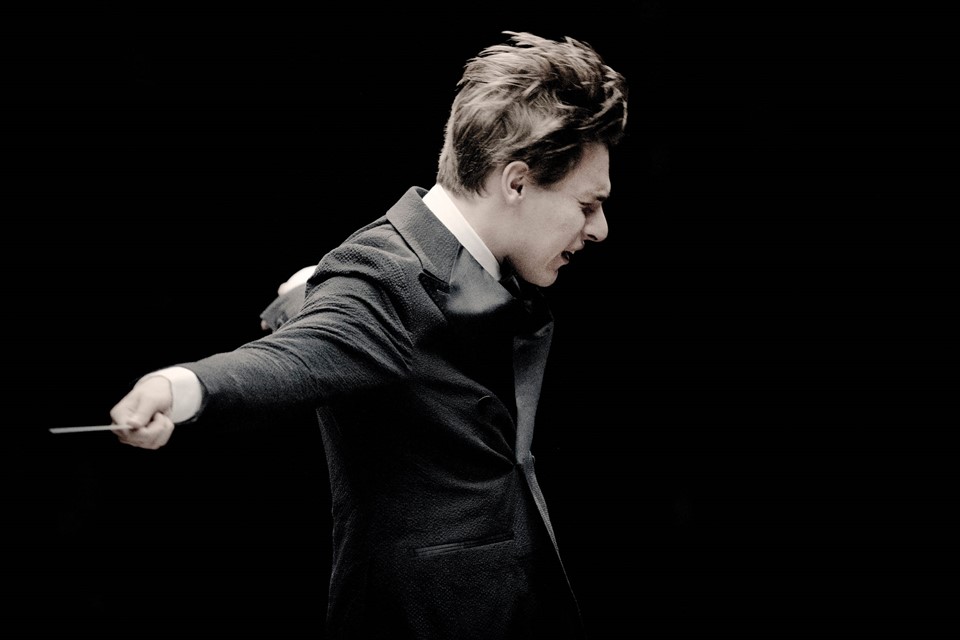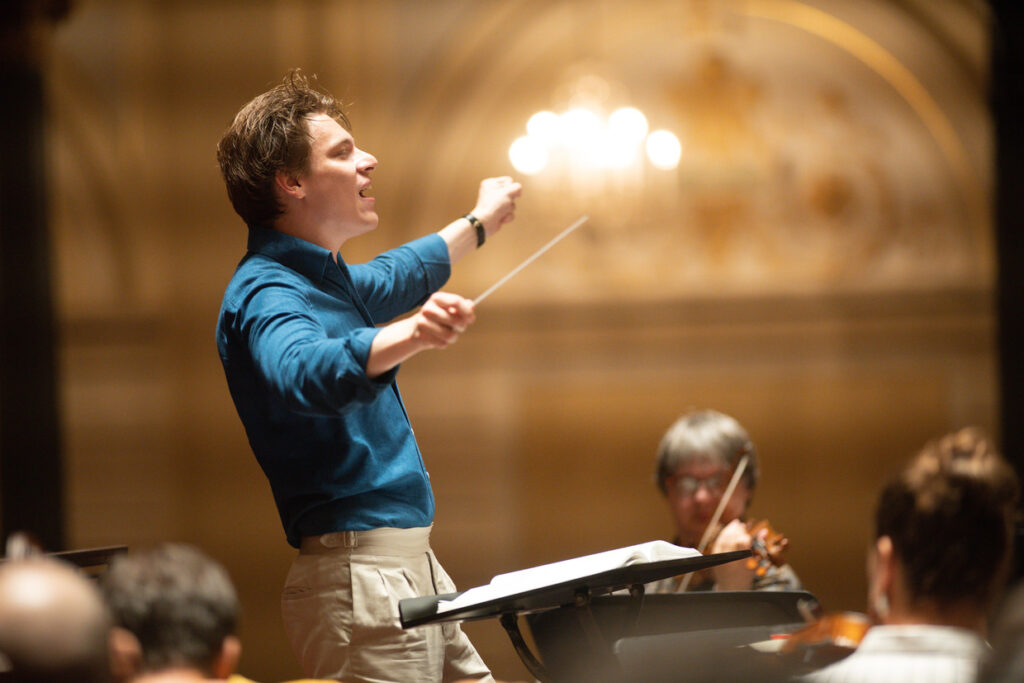Gerelateerde berichten
Arvo Pärt – Fratres (1977)
Arvo Pärt – Fratres (voor strijkorkest en slagwerk), hr-Sinfonieorchester, Stanislav Kochanovsky, hr-Sendesaal, Frankfurt, 25 november 2020. Fratres (meaning “Brothers” in latin) is a musical work by the Estonian composer Arvo Pärt exemplifying his tintinnabuli style of composition It is three-part…
Concertbezoek klassieke muziek
Concertbezoek klassieke muziek Language: English. 2025 18-05-2025 Amsterdam (Amsterdam Royal Concertgebouw): Gustav Mahler (1860-1911) – 17-05-2025 Amsterdam (Amsterdam Royal Concertgebouw): Gustav Mahler (1860-1911) – 16-05-2025 Amsterdam (Amsterdam Royal Concertgebouw): Gustav Mahler (1860-1911) – 15-05-2025 Amsterdam (Amsterdam Royal Concertgebouw): Gustav Mahler…
Dorotheum
Dorotheum veilinghuis Veilinghuis, Wenen Dorotheum homepage Afdeling Art Nouveau en Art Deco Afdeling Handtekeningen en Manuscripten Afdelingen overzicht (alle) Het Dorotheum is het grootste veilingconcern in Centraal-Europa en het Duitse taalgebied met hoofdvestiging in Wenen en vertegenwoordigingen in Brussel, Düsseldorf,…
Easter egg
Congratulations! You found our Easter egg! Enjoy this hidden beauty. Gefeliciteerd! Je hebt ons paasei gevonden! Geniet van deze verborgen schoonheid. . https://youtu.be/bA5389EKKW8 . . Easter egg Beethoven, Symphony No. 9, Movement II, Royal Concertgebouworchestra Amsterdam, Iván Fischer, 2020. Ludwig…



